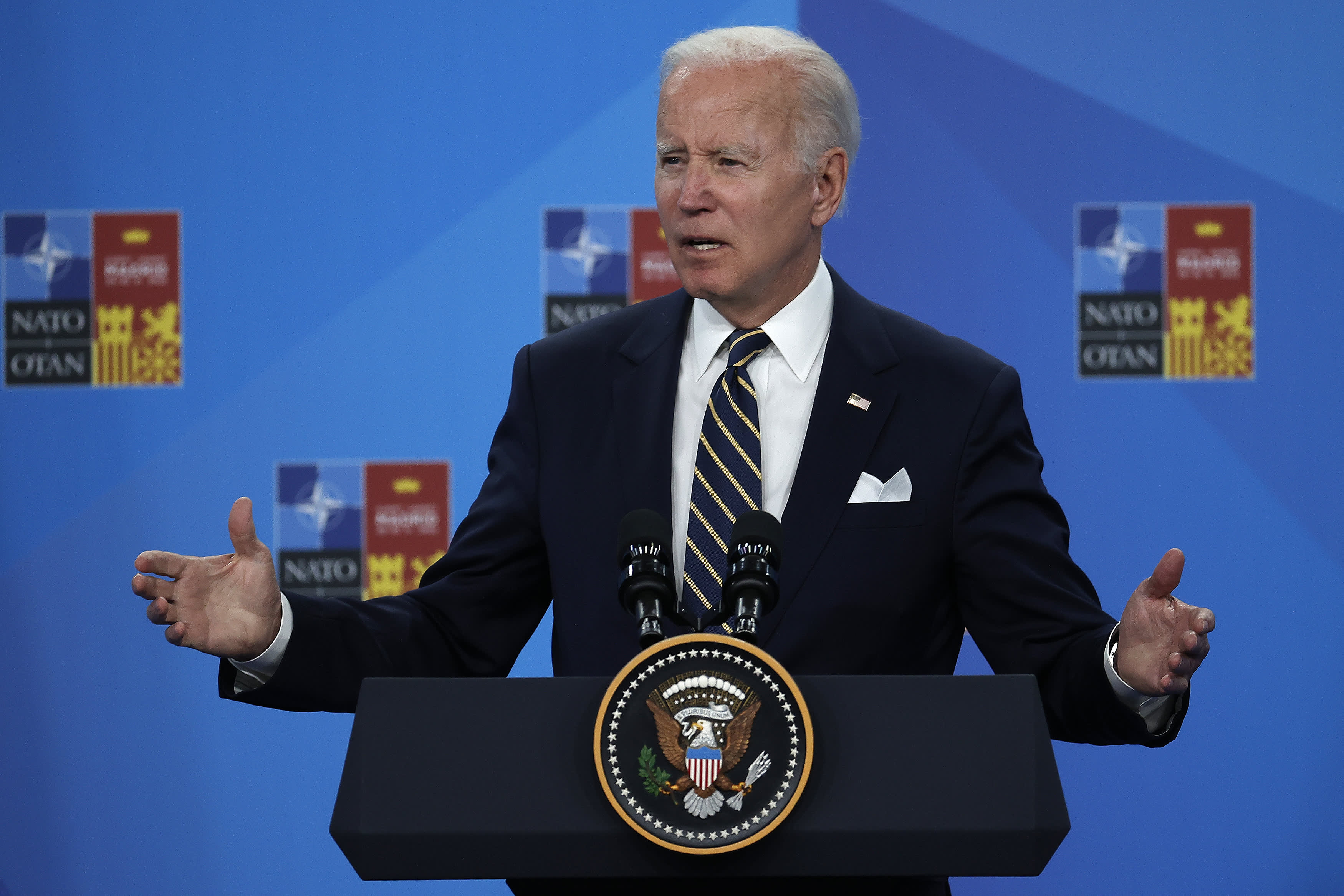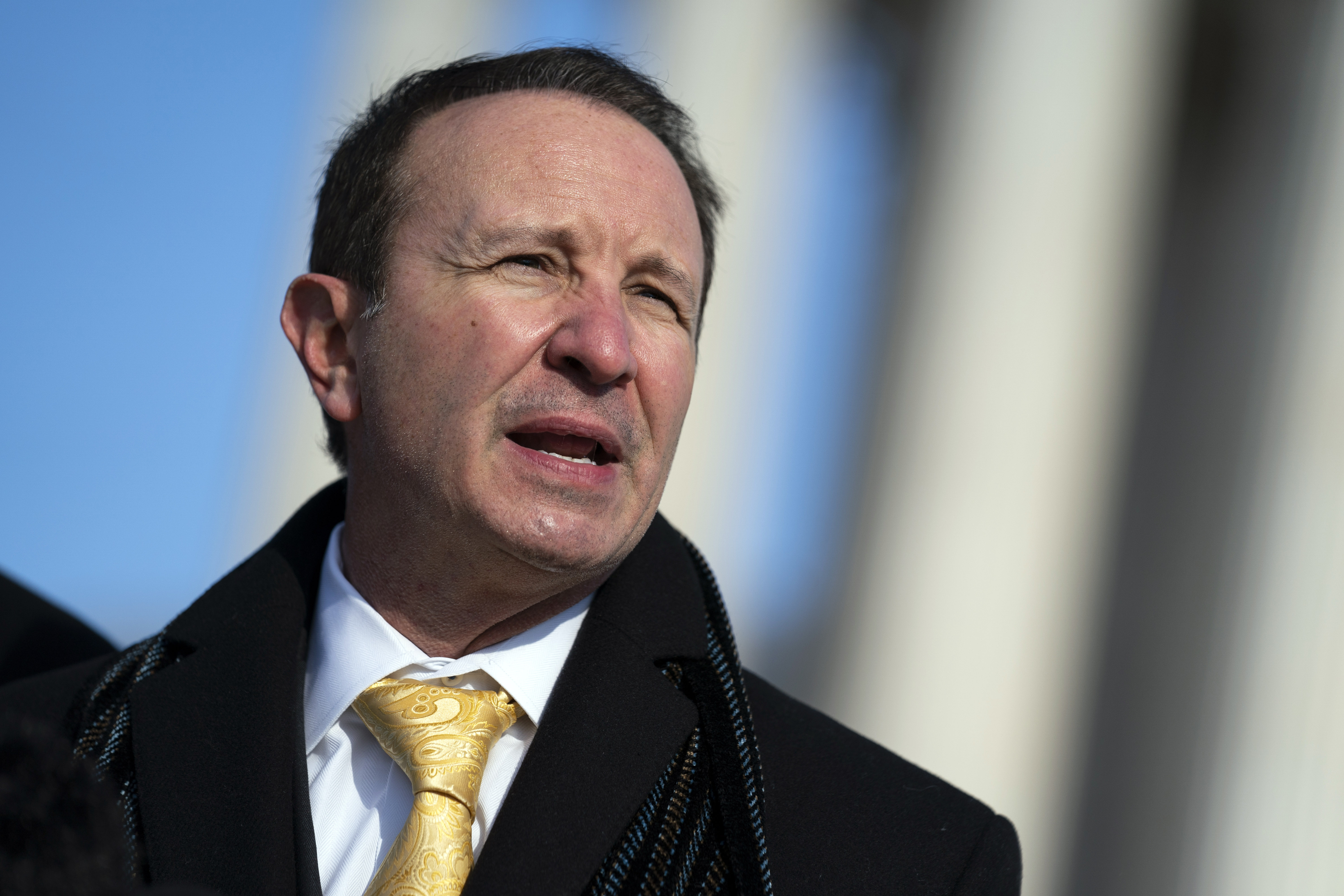A day before the state was set to implement a law that would ban most abortions after 15 weeks, a Florida judge said he will temporarily block it.
Judge John C. Cooper made the oral ruling from the bench Thursday, and said he would soon sign the temporary injunction.
Watch NBC6 free wherever you are
Cooper said Florida’s ban was “unconstitutional in that it violates the privacy provision of the Florida Constitution.”
Planned Parenthood and other health centers had been seeking a temporary emergency injunction to stop the law approved this year by Florida’s GOP-controlled legislature and Republican Gov. Ron DeSantis. It had been set to go into effect Friday.
Get local news you need to know to start your day with NBC 6's News Headlines newsletter.
Cooper began hearing arguments in the case days after the U.S. Supreme Court ended federal protections for abortion by overturning the landmark 1973 Roe v. Wade decision.
ROE V. WADE LATEST
Closing arguments were delivered Thursday before Cooper said he would block the measure.
DeSantis' office said it would appeal the ruling.
“The Florida Supreme Court previously misinterpreted Florida’s right to privacy as including a right to an abortion," the governor's office said in a statement. “We reject this interpretation because the Florida Constitution does not include — and has never included — a right to kill an innocent unborn child.”
Florida’s law would prohibit abortions after 15 weeks, with exceptions if the procedure is necessary to save a mother’s life, prevent serious injury or if the fetus has a fatal abnormality. It does not allow for exemptions in cases where pregnancies were caused by rape, incest or human trafficking.
Violators could face up to five years in prison. Physicians or other medical professionals could lose their licenses and face administrative fines of $10,000 for each violation.
Under current law, Florida allows abortions up to 24 weeks.
The legal challenge hinged on a 1980 amendment to the state constitution guaranteeing a broad right to privacy, which has previously been interpreted by the state Supreme Court to include abortion. Florida voters reaffirmed the right to privacy in 2012 by rejecting a ballot initiative that would have weakened its protections, plaintiffs said.
Data show an overwhelming majority of abortions in Florida occur before the 15-week cutoff. A federal Centers for Disease Control and Prevention report said about 2% of the nearly 72,000 abortions reported in Florida in 2019 were performed after 15 weeks.
DeSantis briefly addressed the issue at a news conference Thursday afternoon.
"It was not unanticipated, it was not of course something that we were happy to see," DeSantis said. "These are unborn babies that have a heartbeat, they can feel pain, they can suck their thumbs, and to say that the state constitution mandates things like dismemberment abortions, I just don't think that's the proper interpretation."
Meanwhile, Planned Parenthood officials celebrated the legal win.
"That is what a lot of this abortion ban has been surrounded by, there’s a lot of misinformation when it comes to medical practices regarding abortion and reproductive rights and I am just glad that accurate medical testimony went out today," said Jessica Merino, with Planned Parenthood of Florida.



